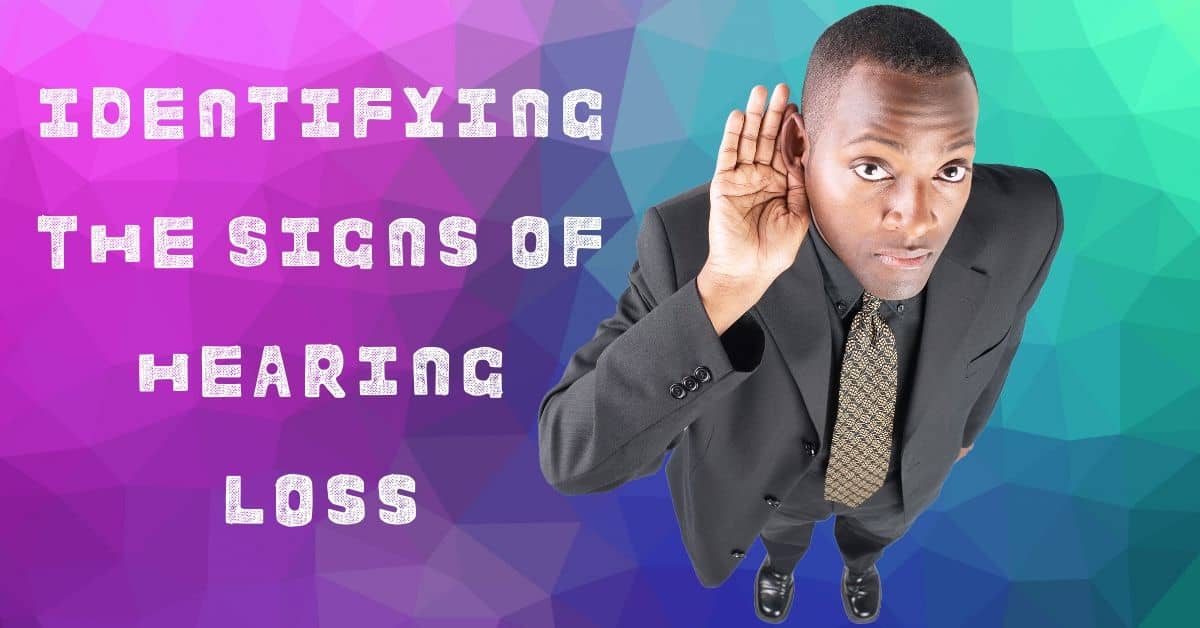- The Advantages of Rechargeable Hearing Aids - July 16, 2024
- How to Enjoy Music Festivals While Protecting Your Hearing - July 3, 2024
- Over-the-Counter Hearing Aids vs. Custom Hearing Aids - June 28, 2024
Hearing loss occurs when you lose the ability to hear certain sounds. Some hearing loss is a natural part of aging, but other hearing loss might be a sign of a more serious underlying condition. Identifying the cause and making a treatment plan is important to maintaining quality of life.
Prevalence of Hearing Loss
Millions of people throughout the world have experienced some form of permanent hearing loss. And yet according to statistics, the average person waits seven years between suspecting they have a hearing loss and seeking treatment. Some people might believe that there’s no treatment available, while others might not be concerned about the level of hearing loss until it begins severely interfering with their quality of life.
Two to three of every thousand children in the US have a detectable hearing loss in one or both of their ears. Over 90 percent of the deaf children in the US have hearing parents. Around fifteen percent of adults in the United States have reported problems with their hearing.
Age is the greatest risk factor for hearing loss. People over the age of sixty are significantly more likely to have a hearing loss, and they also tend to have the most severe hearing loss. Men have nearly twice the likelihood as women to develop hearing loss.
Judging by standard hearing examinations, one out of every eight people in the US that’s at least twelve years old has measurable hearing loss in both of their ears. About ten percent of adults in the US have experienced ringing in the ears for at least five minutes over the previous year.
One concerning statistic is that in adults over the age of 70, less than one in three people with hearing loss that could be treated with a hearing aid has ever used one. Only sixteen percent of adults with hearing loss between ages 20 and 69 have used a hearing aid.
Signs of Hearing Loss
Some of the most common symptoms and signs of hearing loss are:
- Muffled speech and other noises
- Trouble understanding words, particularly when in crowds or when there’s background noise
- Difficulty hearing consonants
- Turning up the volume of your radio or television
- Needing to ask people to repeat themselves frequently
- Withdrawing from conversations
- Avoiding loud or disorienting social settings
Consequences of Untreated Hearing Loss
Untreated hearing loss can have a number of different consequences and complications that impact your quality of life.
Social
Hearing loss can have an impact on your social life. If you’re struggling to hear conversations when you’re in loud places, you might avoid social settings altogether. You may also be anxious about needing to ask people to repeat themselves. Others might be annoyed that you appear not to be paying attention or need to ask for clarification.
Emotional
The emotional consequences of untreated hearing loss will vary widely depending on your situation. Some people go through a grieving process because of the sounds they’re unable to hear. Others may stubbornly refuse to admit there’s a problem at all.
Physical
Leaving hearing loss untreated won’t always lead to serious physical consequences. But hearing loss can sometimes be a sign of an underlying medical condition that needs treatment. Even when it’s not, early treatment can sometimes help to slow the damage of progressive hearing loss.
Mental Health
The stress of hearing loss can have negative consequences for your mental health. If you don’t have treatment or access to resources, you’ll end up feeling isolated and lonely. It’s important to reach out.
Treating Hearing Loss
Hearing loss can be treated through a variety of methods. The exact treatment plan depends on the severity of the hearing loss, any potential underlying cause, whether the hearing loss is progressive, and the desires of the person.
Hearing aids are commonly used for individuals whose hearing loss is caused by a damaged inner ear. Audiologists will discuss the pros and cons of a hearing aid. They’ll help you determine which style works best, fit you for a customized hearing aid, and adjust it until it works.

